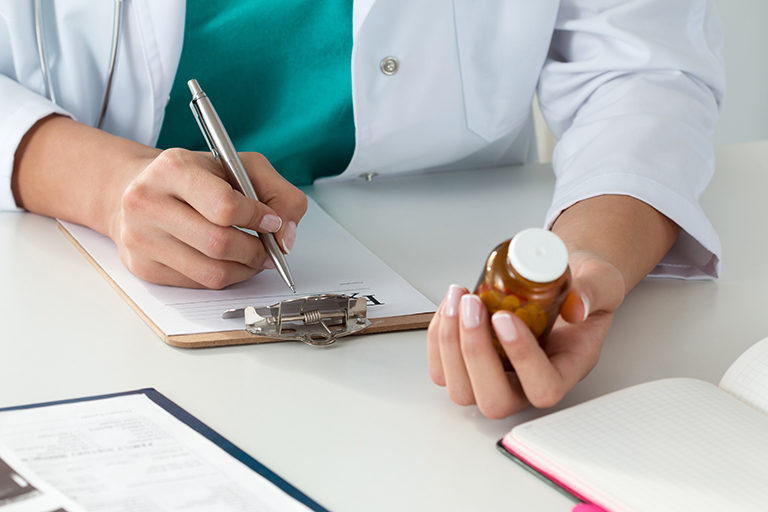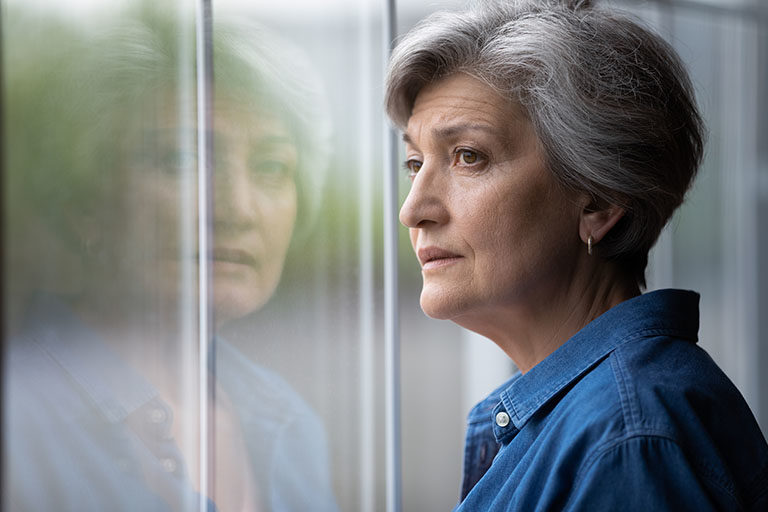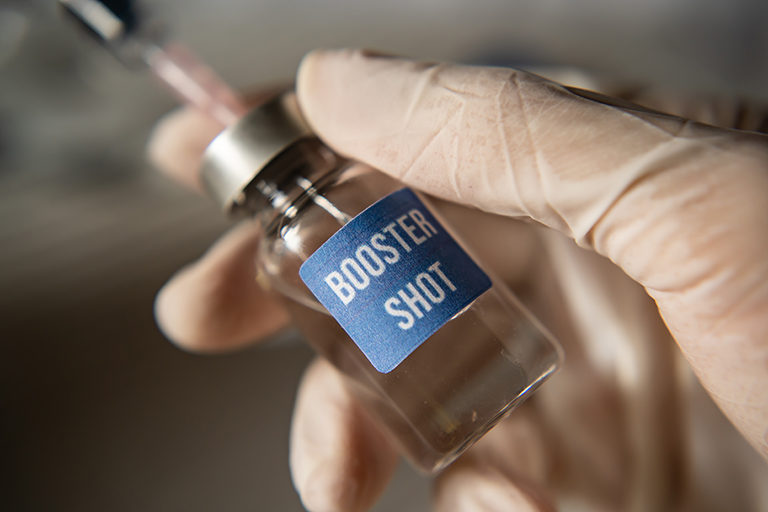
Living Well at Home

As more people get vaccinated for COVID-19, cities and states across the U.S. are reopening. It is an exciting time. But there is still a lot to think about once you have been fully vaccinated.
You may be wondering what activities are safe to resume and how you can continue to stay healthy. This article will help you navigate life after you’ve been fully vaccinated.
If you received a Pfizer or Moderna vaccine, the CDC says you are fully vaccinated two weeks after your second shot.
If you received the Johnson & Johnson vaccine, the CDC says you are fully vaccinated two weeks after your single shot.
The CDC says1 fully vaccinated people:
- Can resume activities that they did prior to the pandemic
- Do not need to social distance or wear a mask, except where required by federal, state, local, and other laws and guidelines (You can find information on Massachusetts mask requirements in the “Do I still need to wear a mask?” section below)
- Do not need to get tested before or after travel or self-quarantine after travel in the U.S.
- Do not need to stay away from others or get tested if they’ve been around someone who has COVID-19, unless they have symptoms
Learn more on the CDC website.1
When traveling outside of Massachusetts, it’s important to pay attention to the rules and guidance of the place you’re visiting, as mask mandates and restrictions may vary by state. If you are considering international travel, see the CDC’s travel recommendations by destination1 for guidance.
Some people have weakened immune systems from HIV, other illnesses, or certain medications. The CDC says1 this population may receive the COVID-19 vaccine. However, the vaccine may not provide complete protection for people with weakened immune systems. This means you should continue to follow current guidance1 to protect yourself against COVID, including wearing a face mask and practicing physical distancing to protect yourself and others.
Unvaccinated people are still at risk of getting infected with COVID-19, says the CDC. The virus has not gone away. As of June 4,1 there were nearly 5,100 active COVID-19 cases in Massachusetts. And contagious variants1 continue to spread. If you are unvaccinated and get infected, there is a risk1 of hospitalization and death.
If you choose not to get the COVID-19 vaccine, you should:
- Continue following the CDC’s safety precautions.1
- Wear a face mask and practice physical distancing to protect yourself and others.
- Understand your risk for different types of activities. See this CDC chart.1
- Follow mask and physical distance recommendations posted by local businesses. Be prepared to wear a mask to places requesting this of all unvaccinated persons.
On May 13, the CDC announced1 that fully vaccinated people no longer need to wear a mask or physically distance in most settings. On May 29, the Commonwealth of Massachusetts lifted the mask mandate1 statewide.
There are settings where masks will still be required. Some examples are:
- Trains, buses, ferries, and other forms of public transportation
- Taxis and ride shares, such as Uber and Lyft
- Airplanes
- Healthcare facilities
- Public schools and childcare programs
- Congregate care facilities, such as assisted living facilities and group homes
View the full list1 of locations in Massachusetts that still require face coverings on Mass.gov.
Local businesses and workplaces may continue to require masks as well. Be aware of signs requiring face coverings before entering a business. And check with your employer about mask requirements in your workplace.
Children 12 years old and older may receive the COVID-19 vaccine, the CDC says.1 If your child is old enough, vaccination can help protect your child from getting COVID-19 and keep them from getting seriously sick even if they do get COVID, the CDC says. Children younger than 12 should continue to follow safety guidelines until they can get vaccinated. Look for the CDC to provide updates over the coming months.
In Massachusetts, masks are still required1 in K-12 public schools, collaboratives, approved special education schools, and childcare programs. This requirement applies to students, teachers, and staff.
Many people missed preventive or routine healthcare and dental appointments during the pandemic. These kinds of appointments may include:
- Annual physical exams
- Eye exams
- Mammograms and other cancer screenings
- Dental cleanings and check-ups
Talk to your doctor about rescheduling any in-person appointments you may have missed. Even if you have been having video visits, your doctor may want to see you in person now that you are vaccinated.
Yes. Your CCA care team will continue to wear masks when providing care in-person.
If we are seeing you in a healthcare facility, like a hospital or clinic, you will be required to wear a mask per state guidelines.
If you are not vaccinated, we ask that you please wear a mask during our visits to protect the health and safety of our team members.
We will continue to offer many visits over video to make it easy and comfortable to get the care you need from home. Learn more about CCA Virtual Care at ccavirtualcare.org or by calling Member Services at 866-610-2273 (TTY 711).
Looking Ahead
All remaining COVID-19 restrictions were lifted in Massachusetts on May 29. As the state reopens, the Commonwealth says1 people who are fully vaccinated can engage in the activities that they had stopped doing because of the pandemic.
As life goes back to normal, remember to:
- Keep informed of state and CDC guidelines
- Contact your doctors and other providers to schedule in-person appointments
- Wear a mask wherever it is still required
- Continue to wash your hands often
1 When you click this link, you will leave the Commonwealth Care Alliance website.
Related Articles


Covid-19 Fatigue and Burnout: How to Manage Those Feelings of Exhaustion
